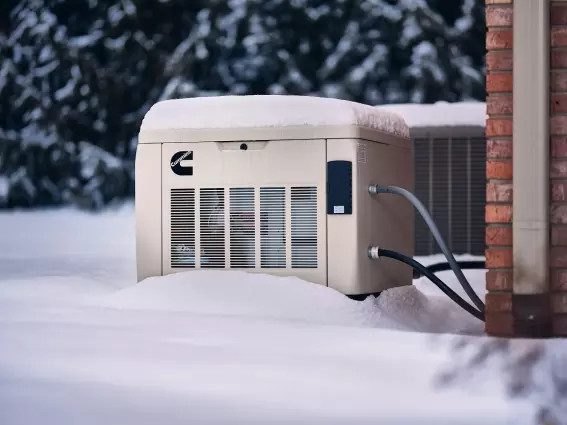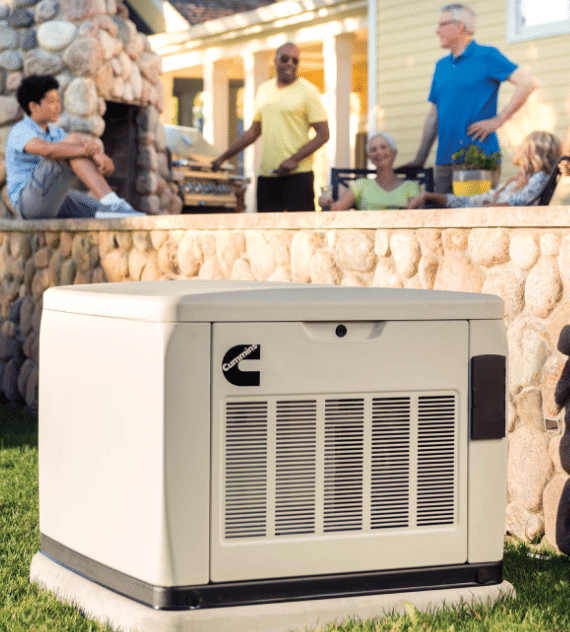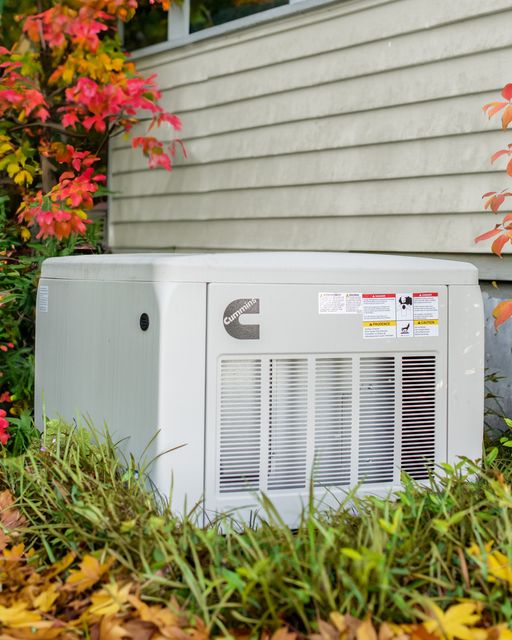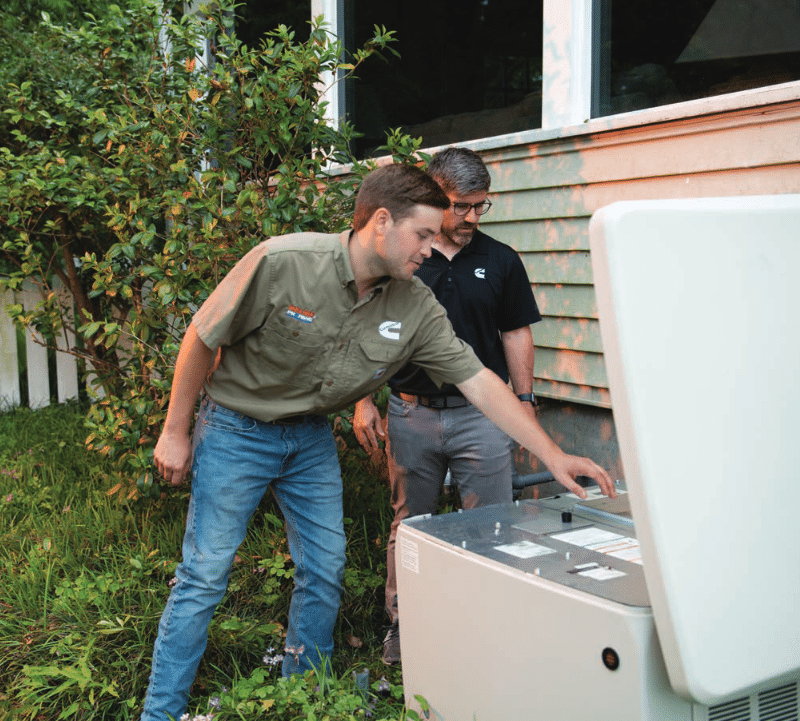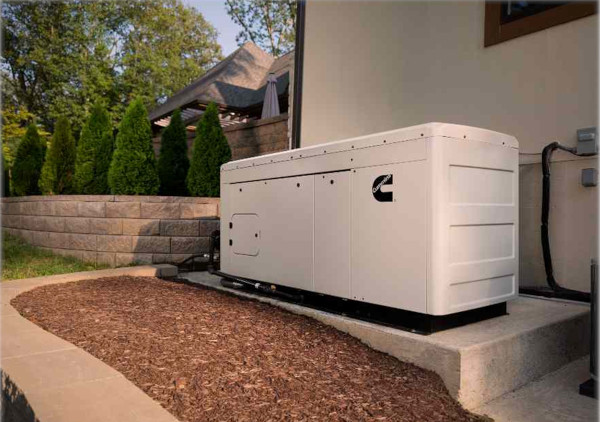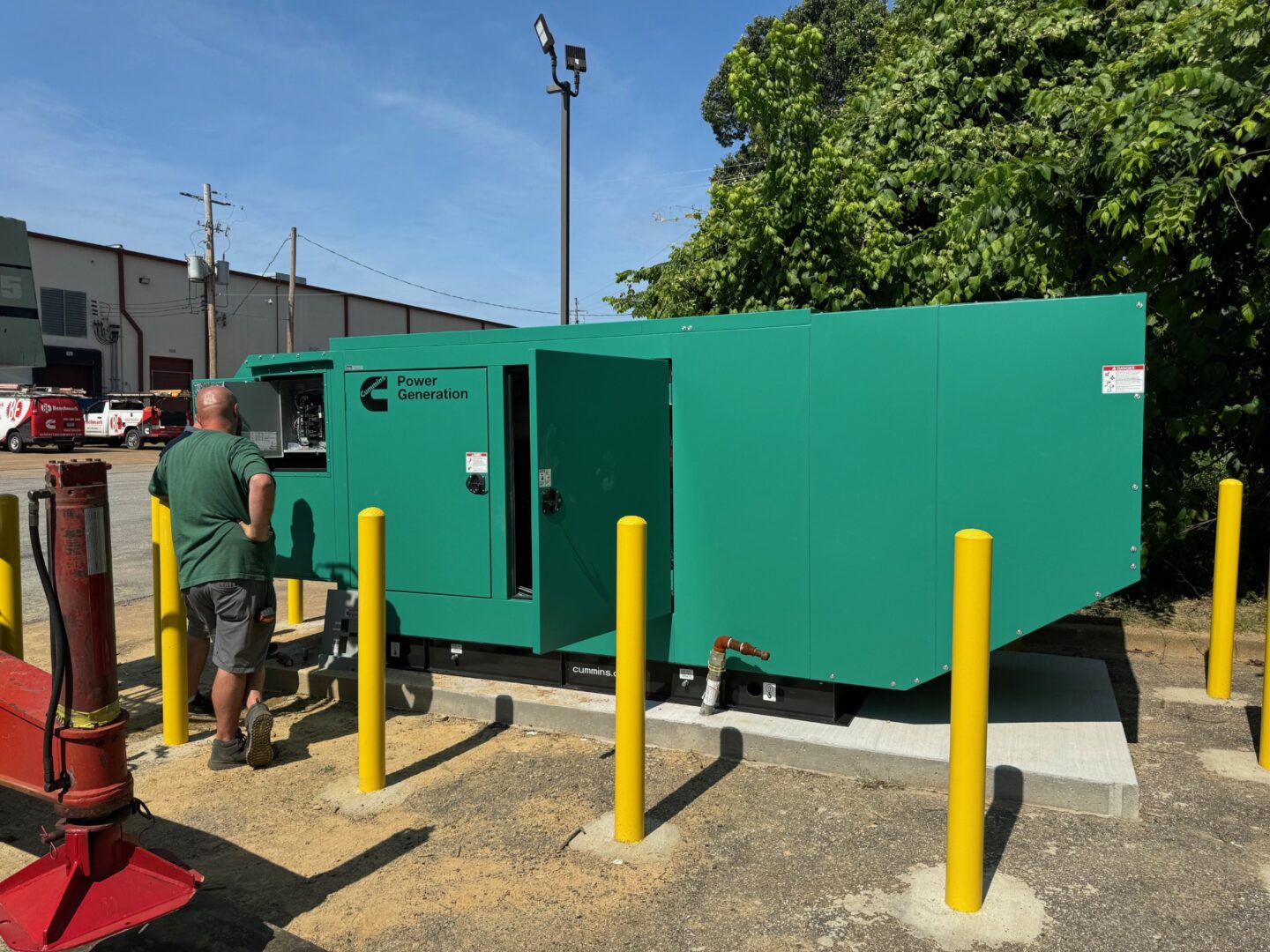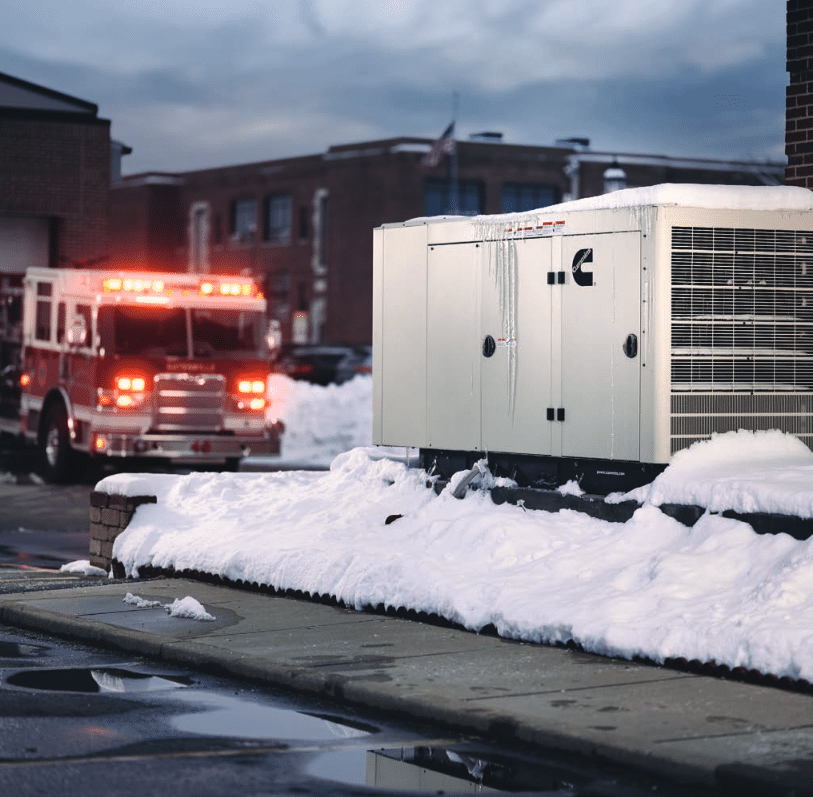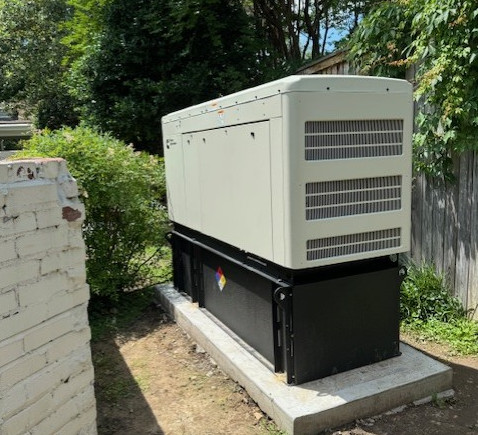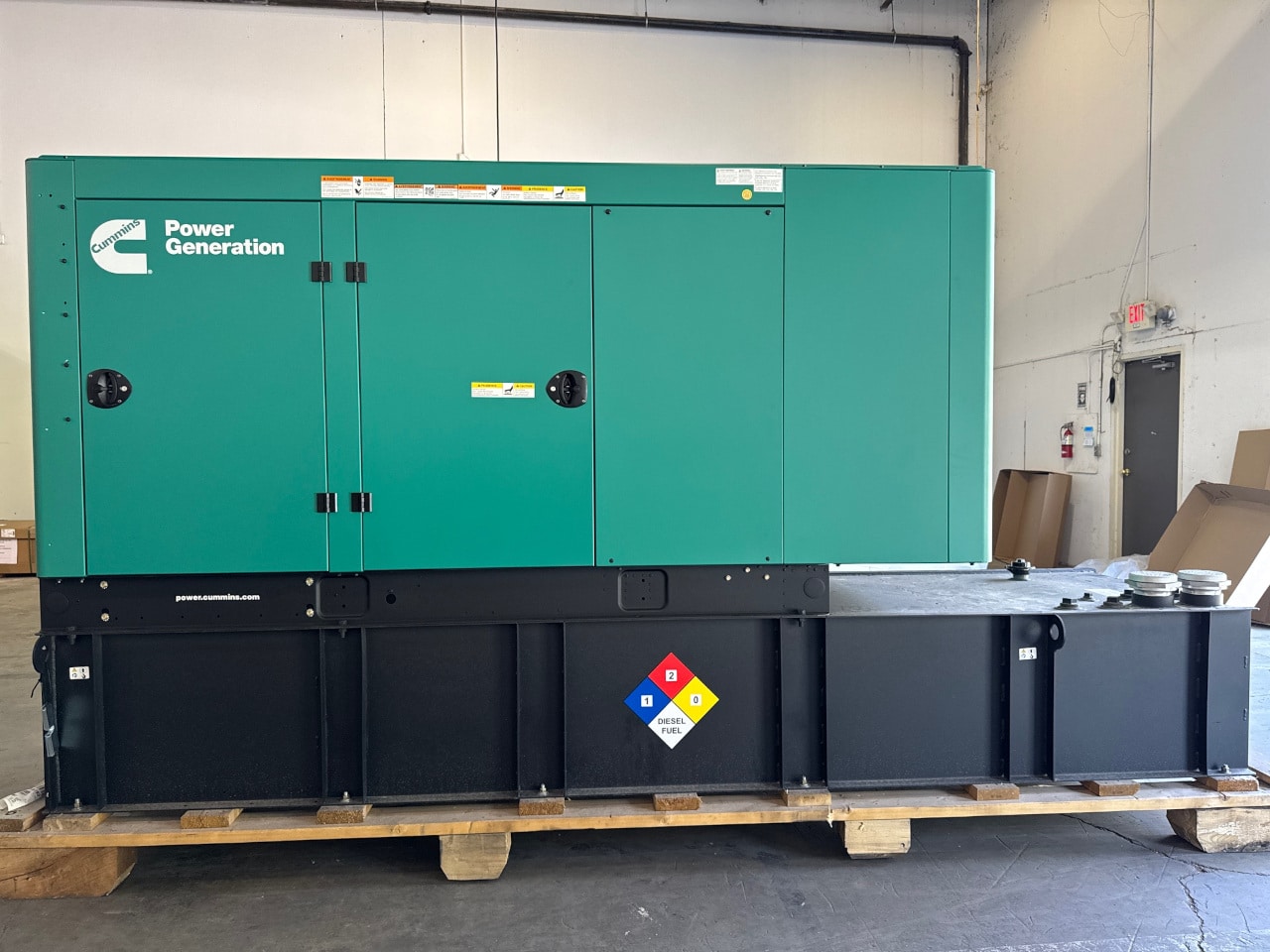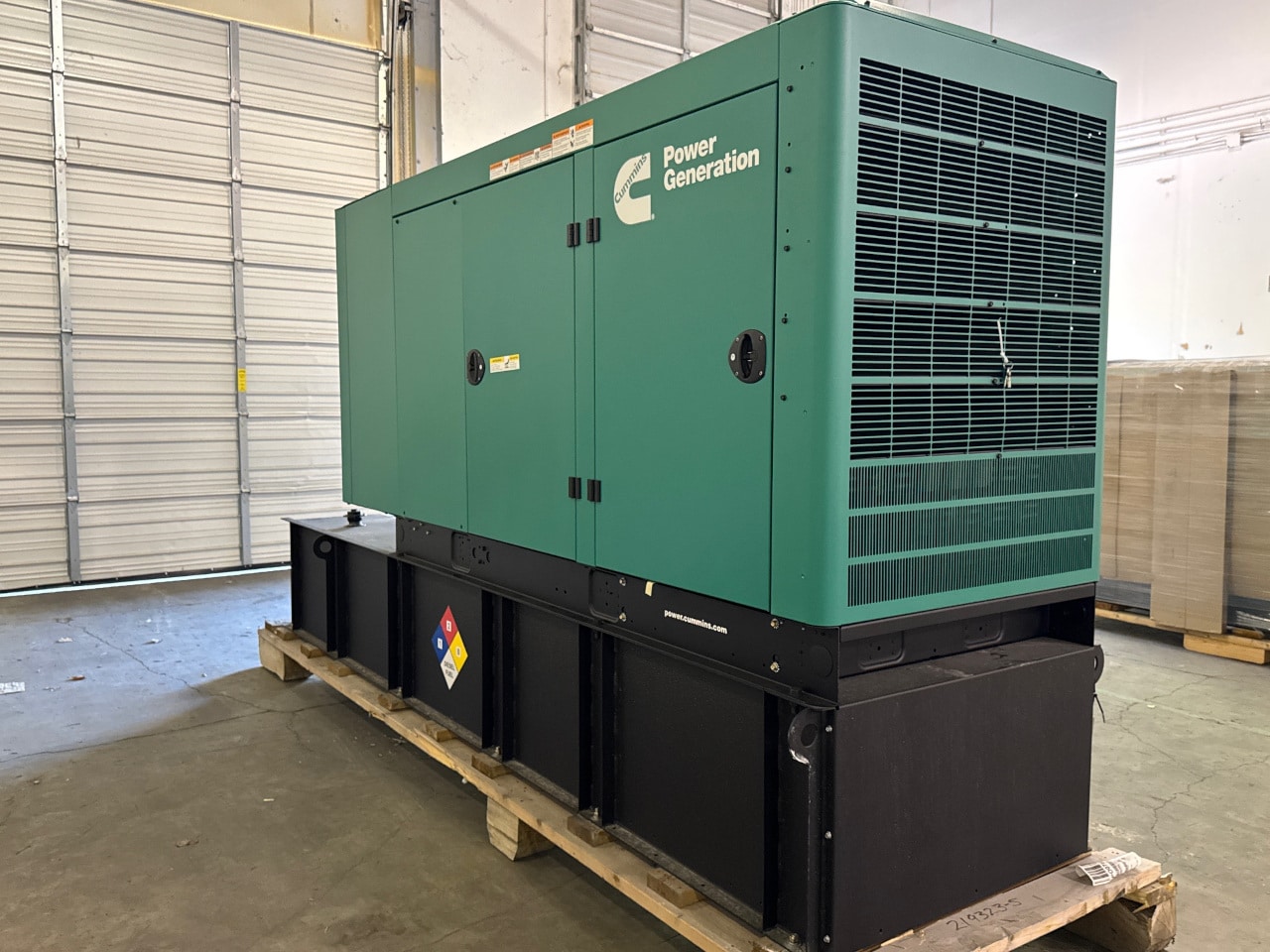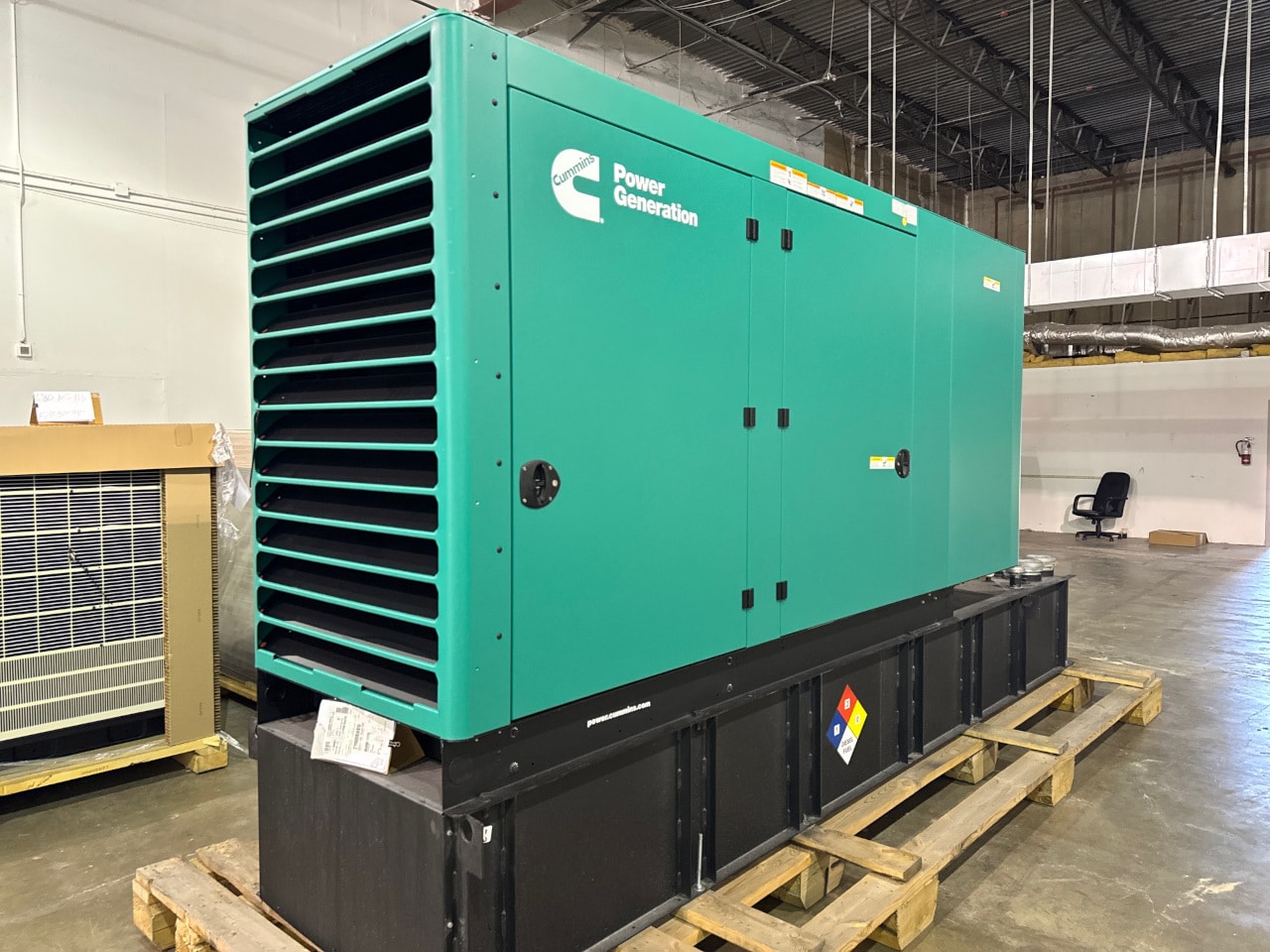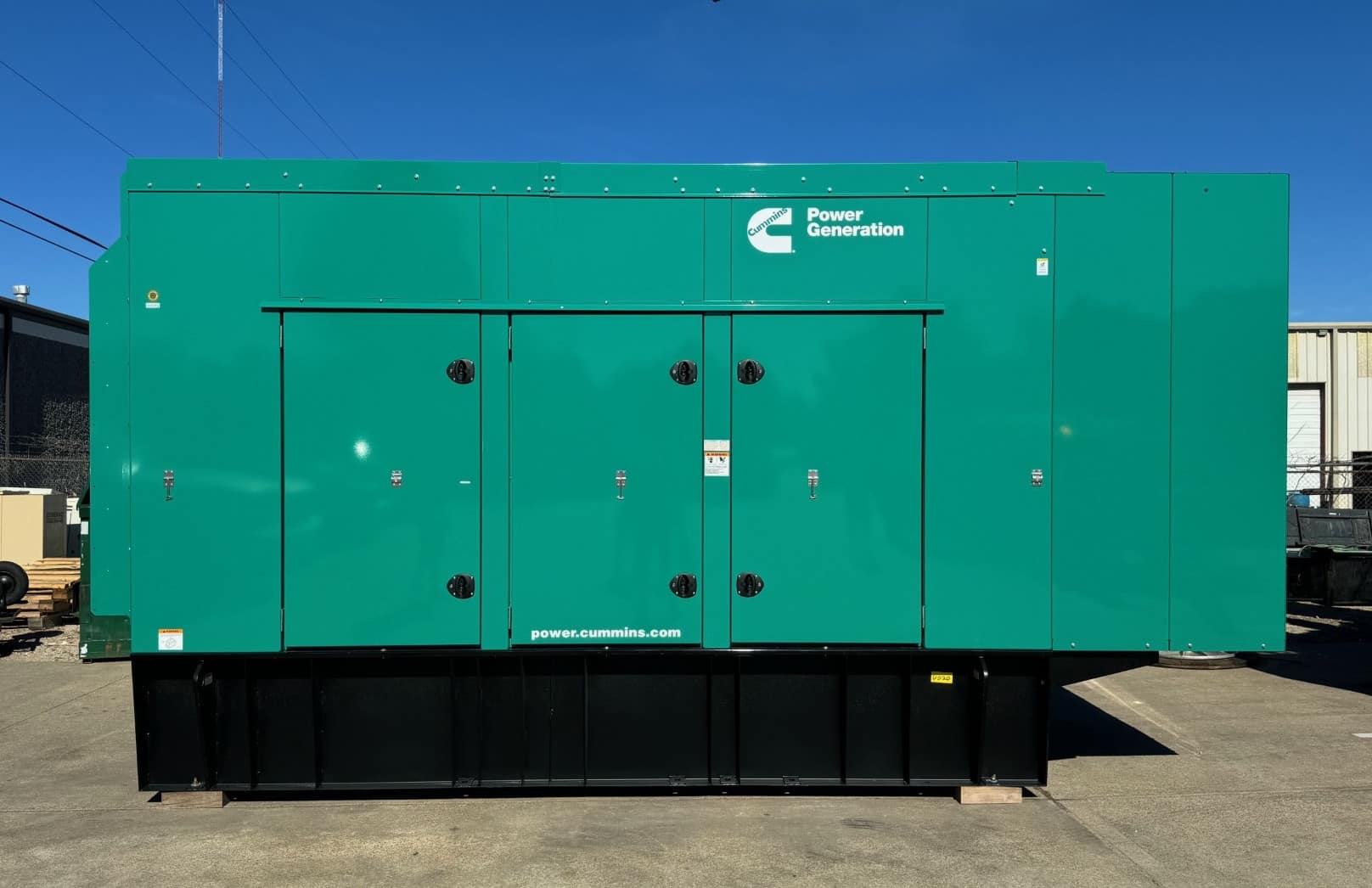How We Rate & Rank Standby Generators
We rate and rank standby generators according to intended use, durability, and the square footage of a home or business.
The two main categories of backup generators are air- and liquid-cooled. Air-cooled generators are fueled by natural gas or propane. Liquid-cooled generators are fueled by natural gas, propane, or are diesel-fueled.
Our goal with this article is to list the PROS & CONS of each together with the benefits for consumers.
Our Ranking Method Explained
At Benchmark Electric, we keep things simple and will simply rank the three available generator types as:



Below we rank and rate three categories of standby power:
- Air-Cooled - Natural Gas/Liquid Propane
- Liquid-Cooled - Natural Gas/Liquid Propane
- Liquid-Cooled - Diesel
Air-Cooled Generators: An Overview

Air-cooled generators are popular with many homeowners because they are more budget-friendly than liquid-cooled alternatives. And, air-cooled generators can also offer whole house or managed whole house capabilities with smaller homes.
Air-cooled generator engines are cooled by the airflow passing from front to rear. Examples of other air-cooled engines include lawn equipment, motorcycles, and ATVs.
An engine run speed of 3600 RPM is standard for air-cooled standby generators. As a result, they are best suited for short duration power outages lasting up to 3 days.
Because of the 3600 RPM engine, Benchmark Electric recommends checking oil levels after 3-days of continuous operation. If more oil is needed, use care not to overfill.
In addition, extended power outages may require complete generator servicing to include an oil change and filter, per manufacturer recommendations.
Whole House Coverage Is a Reality
A 20kW air-cooled generator provides whole house coverage for most homes up to 2000 SF. The same generator offers Managed Whole House coverage for many homes up to 3000 SF.
Managed Whole House generators have built-in load management capabilities. The generator manages the operation of four high load appliances such as air conditioners, ovens, clothes dryers, and pumps.
To be clear, any air-cooled 20kW generator, regardless of manufacturer, cannot run two 5-ton A/Cs at the same time. Instead, air-cooled generators manage the operation of the two air conditioners by running one A/C at a time.
All electrical circuits on a connected 200-Amp breaker panel have the potential of being run by the generator. However, built-in load management will prevent accidental overloading of the generator by only enabling the operation of electrical loads it is capable of running.
We’ve compiled a list of Pros and Cons regarding air-cooled generators below:
PROS
- Budget-friendly - Air-cooled generators offer an affordable solution for many homes.
- Quiet Performance - Air-cooled generators are neighborhood friendly in terms of sound.
- Compact Design easily fits most homes.
- Whole House Coverage solution for smaller homes 2000 SF or less.
- Managed Whole House Coverage for homes up to 3,000 SF.
- Intelligent Load Management - Manages up to four high energy appliances to prevent generator overload.
(1) Manages the operation of two 5-ton air conditioners.
(2) Manages the operation of an electric oven, clothes dryer, electric water heater, and sump or well pumps.
(3) Ability to prioritize managed loads like air conditioning. - Natural Gas or LP Fueled - When connected to natural gas, homeowners enjoy an unlimited supply of natural gas. As a result, no fuel storage or refilling.
- Automatic Self-Testing keeps the generator running smoothly. We recommend monthly self-tests to save on fuel and engine wear & tear.
- Aluminum Enclosure with Powder Coat Paint evaluated to withstand 180 mph winds.
- Remote Monitoring is offered by manufacturers of air-cooled generators enabling homeowners to monitor generator status changes.
- Connects to a 200-Amp Breaker Panel to cover all installed electrical loads.
CONS
- EV Charging requires more than 50% of the output of an air-cooled generator and, thus, not recommended for installations where EV charging is necessary.
- Not suitable for long-term outages lasting more than 3 days without checking oil levels.
- Not recommended as a whole house solution for homes over 3000 SF.
- Managed Whole House means some high energy appliances are prevented from operating if sufficient generator power is not available.
- Additional load management devices may be required to manage the kitchen oven, clothes dryer, pumps, and electric water heaters.
- Installation of an air conditioning Soft Start may be required and, if so, at additional cost.
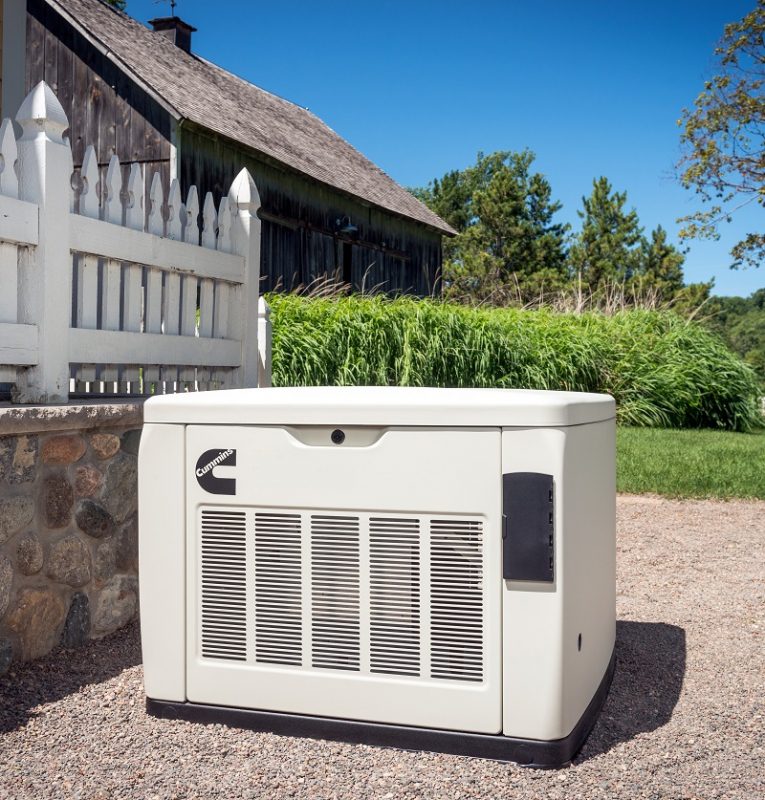
Learn more about how the Cummins RS20A compares to Generac Home Generators.
Natural Gas or Propane Generators - Liquid-Cooled

Liquid-cooled generators are typically sized to accommodate all house or building loads.
Liquid-cooled engines feature a radiator and water pump, like what is found in car and truck engines. Some generator manufacturers offer models with engine run speeds of 1800 RPM and 3600 RPM.
Liquid-cooled generators operating at 1800 RPM benefit with:
- Quieter performance
- Lower fuel consumption
- Less engine wear and tear, and
- the ability to sustain longer duration power outages lasting a week or longer.
Benchmark Electric recommends low-speed, 1800 RPM generators to enjoy the above benefits.
Below we list the Pros and Cons of liquid-cooled generators with an engine run speed of 1800 RPM.
PROS
- Whole House Coverage when properly sized. Will run all house circuits on demand.
- Quiet Operation with low speed 1800 RPM generators. Quieter than air-cooled generators.
- Lower Fuel Consumption with 1800 RPM engine speed compared to 3600 RPM models.
- Less Wear & Tear with low-speed models.
- Better Solution for EV Charging
- Easily Sustains Power Outages lasting over a week.
Specific to Cummins Liquid-Cooled:
- Cold Weather Starts to -40 F.
- U.S. EPA Certified, UL Certified
- IBC Seismic Certified
- NFPA 110 Capable
- Aluminum Sound Enclosure evaluated to withstand 180 mph winds.
CONS
- Larger footprint required for liquid-cooled generators.
- Higher Cost
Cummins Diesel Standby Generators

Businesses and homeowners looking for a generator that will perform for decades can't go wrong with diesel.
Cummins diesel generators are designed to operate under extreme environmental conditions and are certified under the latest EPA, UL, and NFPA 110 standards.
Equipped with the PowerCommand® electronic control technology, Cummins diesel generators offer industry-leading self-diagnostic capabilities. This ensures critical components of the generator are functioning properly, allowing any necessary services to be completed in a short period of time.
Memphis area residents and businesses looking for a superior product that will perform for decades and under all conditions should take a close look at diesel.
As residents and business owners are aware, the Memphis area is in the New Madrid Fault Zone. If a severe earthquake should strike the area, Fire Marshals will shut down natural gas lines until broken gas lines are repaired. Repairs could take months before natural gas lines are finally restored.
Diesel generators offer additional immunity from earthquakes because fuel storage is onsite.
Here are the Pros and Cons for diesel generators:
PROS
- Robust Design operates under extreme environmental conditions.
- Durable Design easily sustains long-term power outages.
- Less Maintenance because diesel engines do not have spark plugs or carburetors that need to be maintained.
- Better Fuel Efficiency providing more horsepower per gallon of fuel. Fuel cost per kilowatt produced is 30%-50% less than gaseous engines.
- Whole Building or House Coverage when properly sized. Runs all circuits on demand.
- Quiet Operation with low speed 1800 RPM rugged diesel engine.
- Best Solution for EV Charging
- Designed for Longevity expect decades of operation when professionally maintained.
- EPA Certified, UL Certified
- NFPA 110 compliant
- Aluminum Sound Enclosure evaluated to withstand 180 mph winds.
CONS
- Higher Cost
- Subbase Fuel Tank must be refueled during extended power outages. Several local refueling service companies will deliver diesel fuel to your home or business.
Concluding Remarks
The two big takeaways from this article are:
- Proper Generator Sizing is Critically Important and should be based on the homeowner's unique needs and desires. Consult an industry professional for proper sizing recommendations.
- Not all Standby Generators are Created Equal - explore your options to discover the best equipment to satisfy your needs and budget.
When your home needs standby power, Cummins whole house generators are the most trusted for reliability, durability, and power.
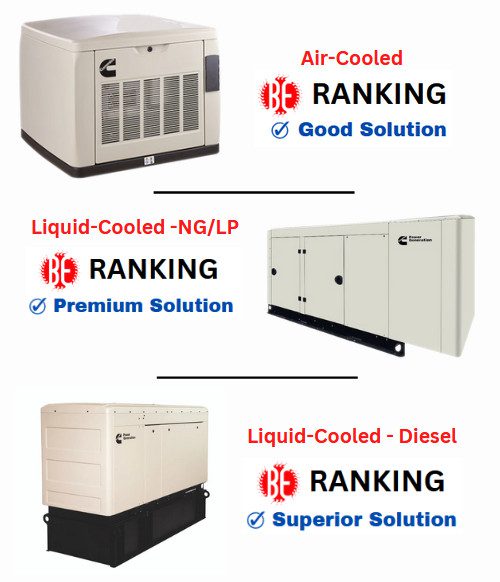
Ready to Get Started?
Benchmark Electric offers Memphis-area homeowners a free, no-obligation estimate on standby power. We will offer alternative quotes to cover Just the Essentials or the Whole House.
To get started, click the button below or call us at 901-590-4968, Monday-Friday, 7:30 am - 4:30 pm.


